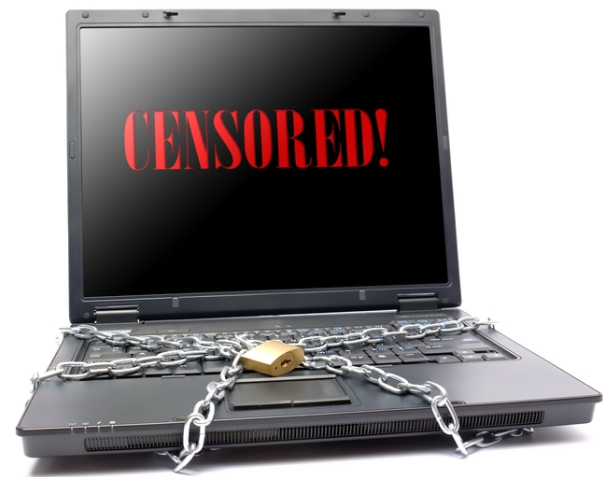You don’t have to travel far back in time to find a society that could barely read let alone publish their thoughts and breakfast menu to anyone interested (and probably many who are not).
Apparently, one week’s copies of the New York Times contains more information than 18th century folk were exposed to in a lifetime. We in the UK have always been avid media consumers and read more newspapers and magazines than any other nation on Earth. And the subjects are not essentially different from those of yore; royal court dramas and public hangings have now been replaced by reality TV and famous murders – oh and royal court dramas.
Despite their low literacy I would parry that those in the 18th century were just as interested in the celebrities and gossip of their day. But back then there was simply less of it to be had – and of course access to information was harder to come by. To tip it all, exposing fault with the current regime was undertaken with great caution. Censorship was rife and unsurprisingly, fear of being beheaded kept chroniclers of the day loathe to criticise.
Today, there is far less sense of personal risk in accessing information. No-one caught reading Wikileaks is going to end up in prison (though those who published it still might). Anyone with a computer and a penchant to do so can access secret information. Government censorship is now largely unacceptable and undemocratic. These days, the media acts as a check on government rather than the other way around.
We don’t want censorship, then, but many argue the need for constraints on the world wide web. The internet has allowed some of humanity’s less attractive habits and obsessions to run unchecked.
But the internet does have a way of censoring itself. Take the example of the young Olympic diver Tom Daley. When he was messaged via his Twitter page by a man who claimed Tom had ‘let down’ his father (who had been Tom’s mentor and had died earlier in the year), the reaction from the Twitter community was Police outrage. Police got involved and the man was arrested, though it is not clear yet what he could be charged with.
The ‘cat lady’ who suffered hate mail and death threats following a video that showed her binning a local tabby was watched by millions. She probably feels that her behaviour was censored and police were concerned enough to keep her under surveillance for her own safety.
The recent photographic exposure of our dear Prince Harry’s most private parts is another obvious case in point. Maybe the moral of this story is that we must all be more careful who we choose to be friends with. Or perhaps we should just be relieved that the crown jewels are not quite as rare as one might have thought…
Governments have been slow to implement any kind of widespread censorship and the only controls available are those that parents and other concerned parties choose to install. Freedom of speech and censorship are never going to be easy bed fellows, so perhaps responsibility for censoring the media we engage with, rests ultimately with each individual.
Lesson for Prince Harry; if you want the crown jewels to remain precious, be wary of who you befriend.
(Photo credit: iStock)
Tags: censorship, new media




